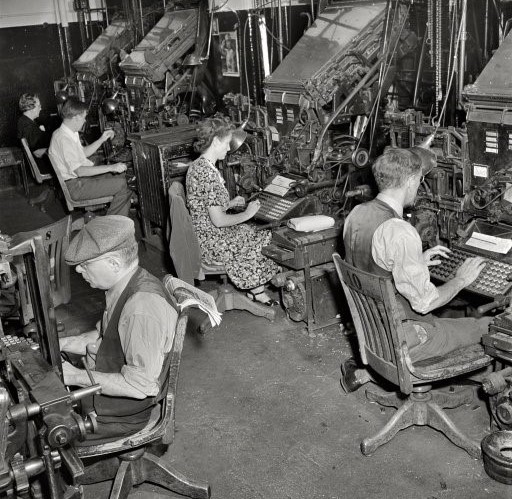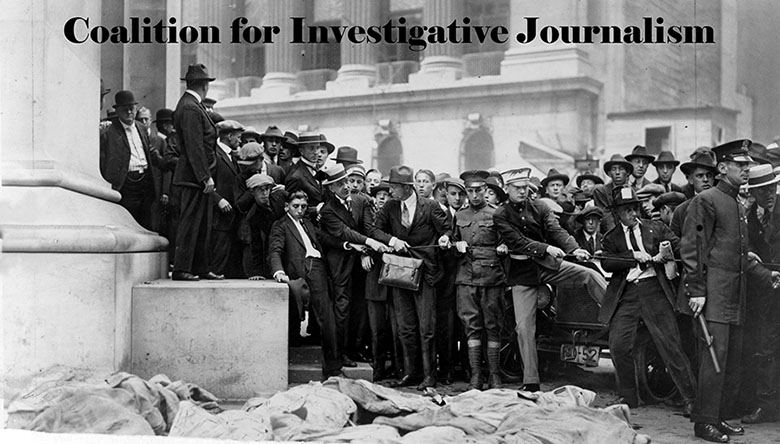Threats against Investigative Reporting
Television news organizations are becoming increasingly reliant on quick, fast food blips that are cheap and easy to produce — short segments with the added benefit of alleviating fears producers have that viewers will grow bored and flip the channel. With some noted exceptions, newspapers and news magazines remain America’s last bastion for nuanced, long-form journalism. Newspapers are also the only entities that pay to have professional reporters follow school boards, planning commissions, city councils, supervisorial boards, transportation agencies and crime beats across the United States. These beat reporters formulate the original content that is ultimately minimized, cannibalized and broken into non-contextualized sound bites by television news stations in the same markets. As newspapers scramble to identify new online revenue models, resources and positions are being slashed at an alarming rate, from the largest newsrooms in the county, to the smallest hometown newspapers. Given the fact that television news agencies largely re-report the work of newspaper journalists, this downsizing continues to result in a growing lack of information across the entire spectrum of media. The darkening financial situation has put increased pressure on many newspaper publishers — most of whom have been promoted from the advertising divisions of their corporations — to bow to the demands of special interest groups, particularly individuals and companies that spend large amounts of advertising dollars with the newspaper.

Journalists hoping to reverse this destructive trend can use the Coalition for Investigative Journalism to share updates about revenue experiments that may be happening at their respective publications. This stream of communication may be crucial to the survival of investigative work. Journalists can also share current information about grants and alternative funding sources for investigations, as well as offer moral support via correspondence with journalists being hindered in serious investigations, either by unethical editors and publishers, or by the influence of major advertisers.
"If newspapers die, the crooks won't cry ... If a governor is steering contracts to a construction company that's controlled by his brother-in-law or a high school chum, CNN is not going to be in the position to bring that news: It's going to be a newspaper in that town or region that has a reporter parked on the Governor's doorstep for days turning into weeks, digging through the files and information that's going to find that story."
— Leonard Pitts Jr., The Miami Herald
"Newspapers are the original journalists. They do a lot of the leg work and real reporting that the rest of the media uses. Whether it's talk radio, the Internet or television stories, it comes from the hard-scrabble reporting of newspapers ... if that goes away, it hollows out the rest of Journalism. What will talk radio have to talk about if there's no newspaper in a major city? What will bloggers have to blog on?"
— David Sirota, Independent Radio Host
"Oh to be a state or local official in America without newspapers: It's got to be one of the great dreams in the history of American corruption."
— David Simon, former crime reporter for The Baltimore Sun

